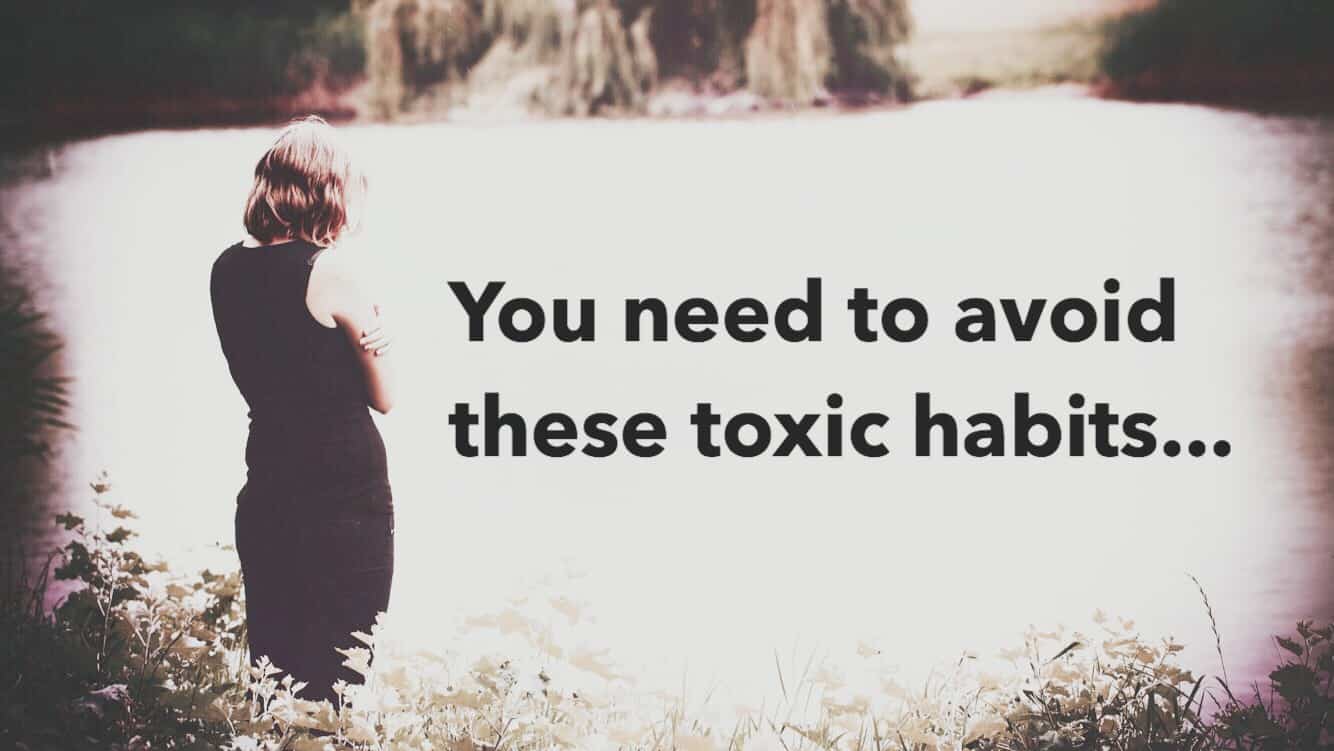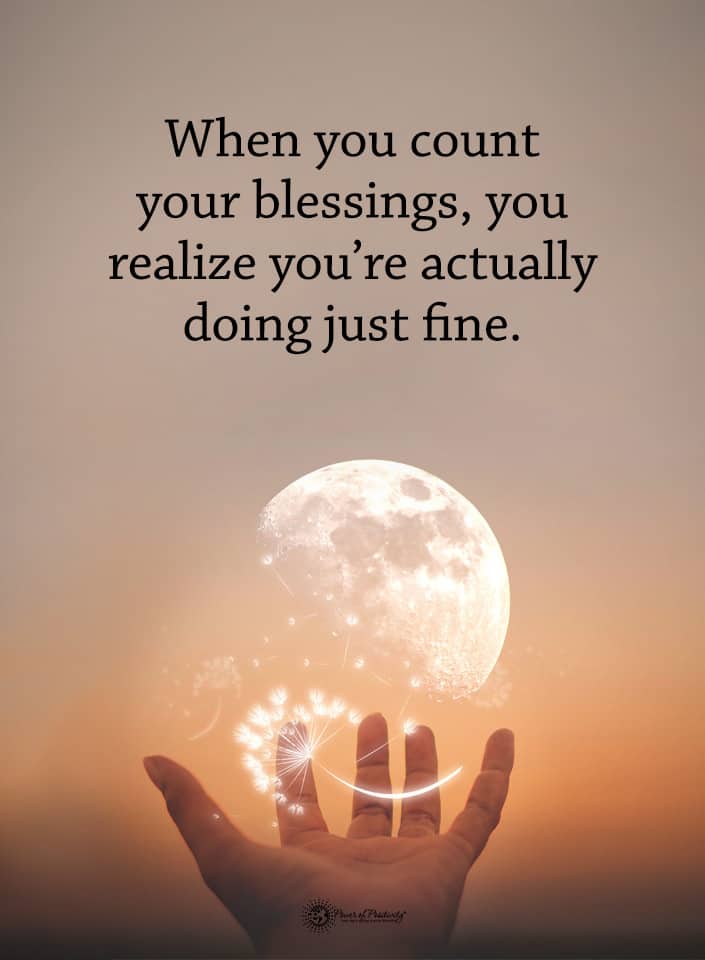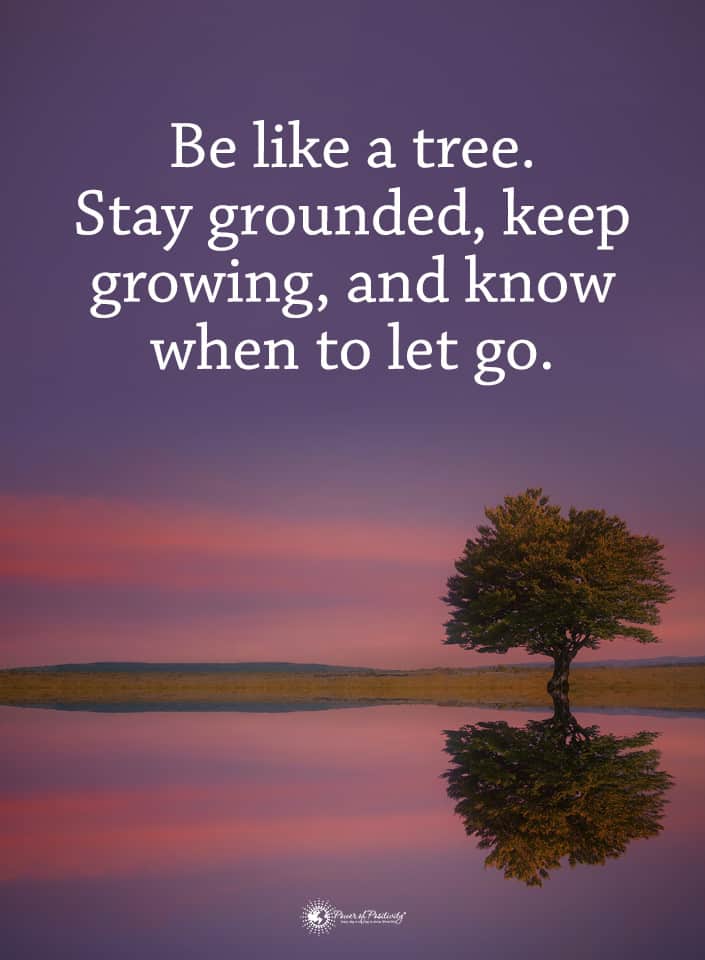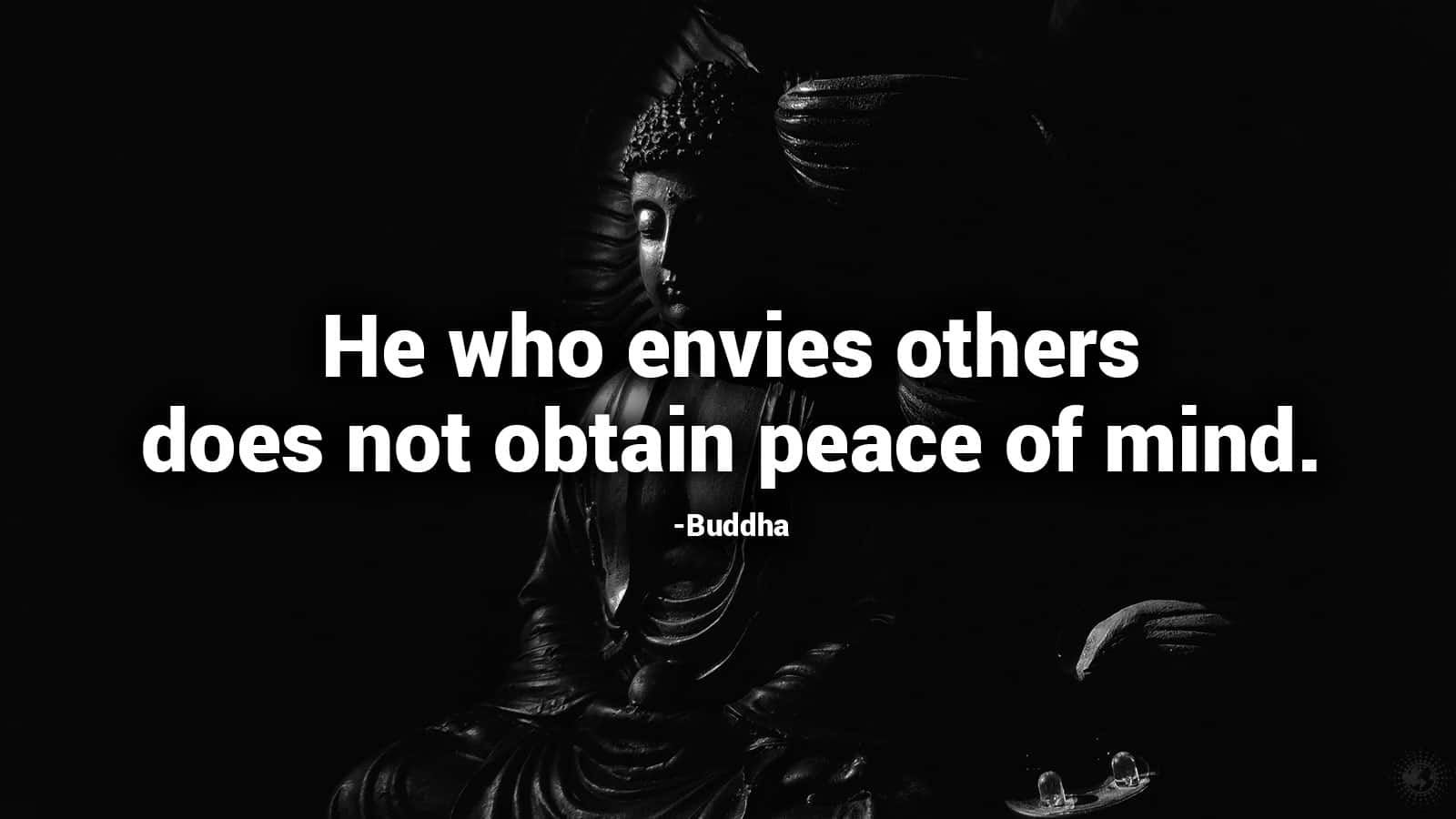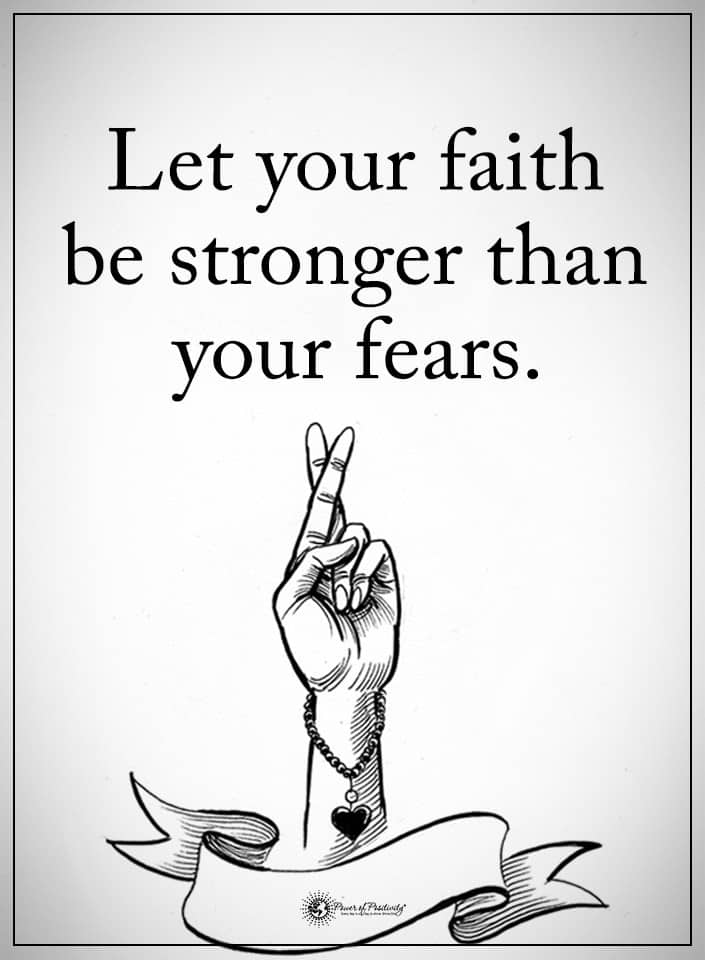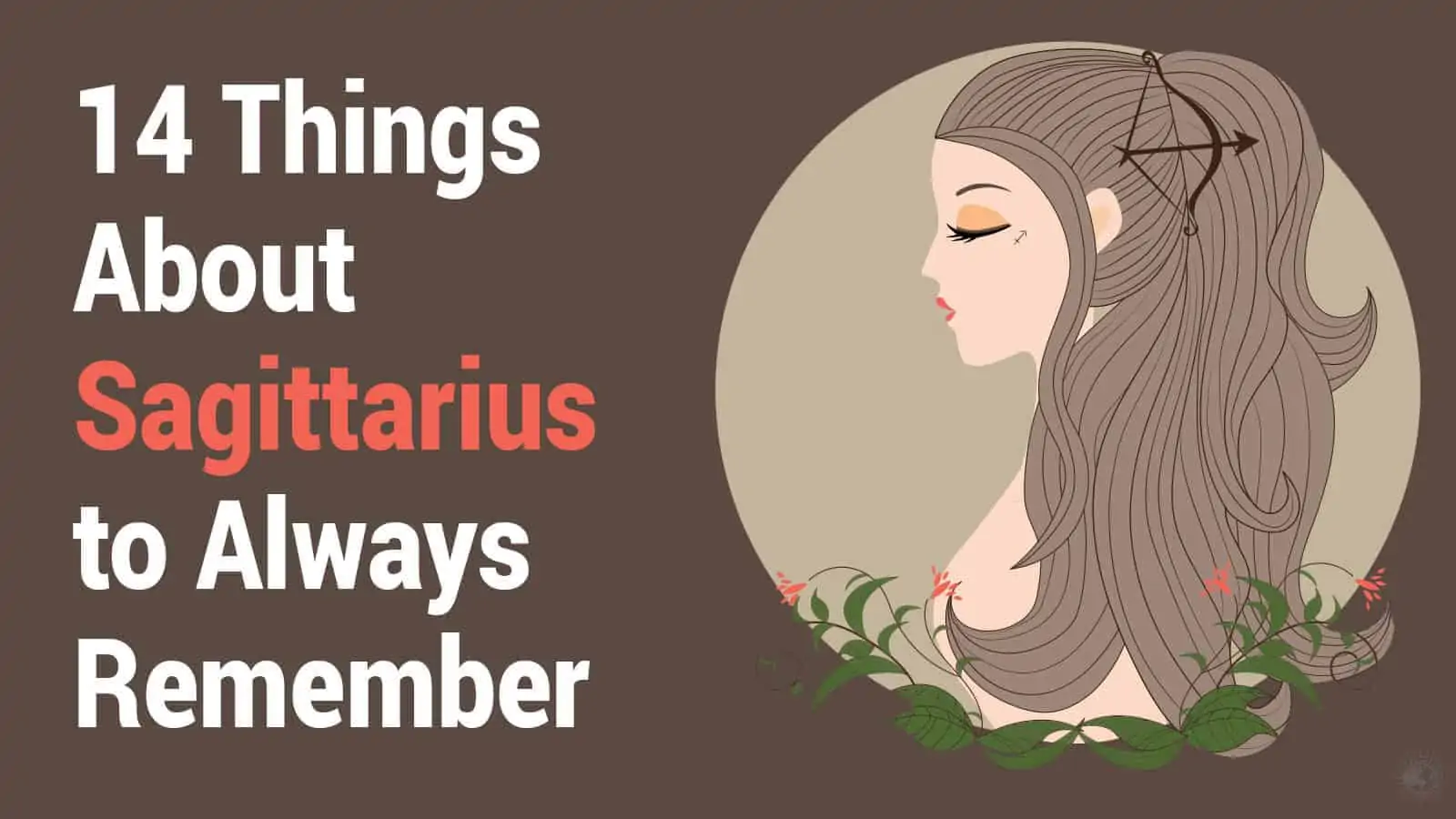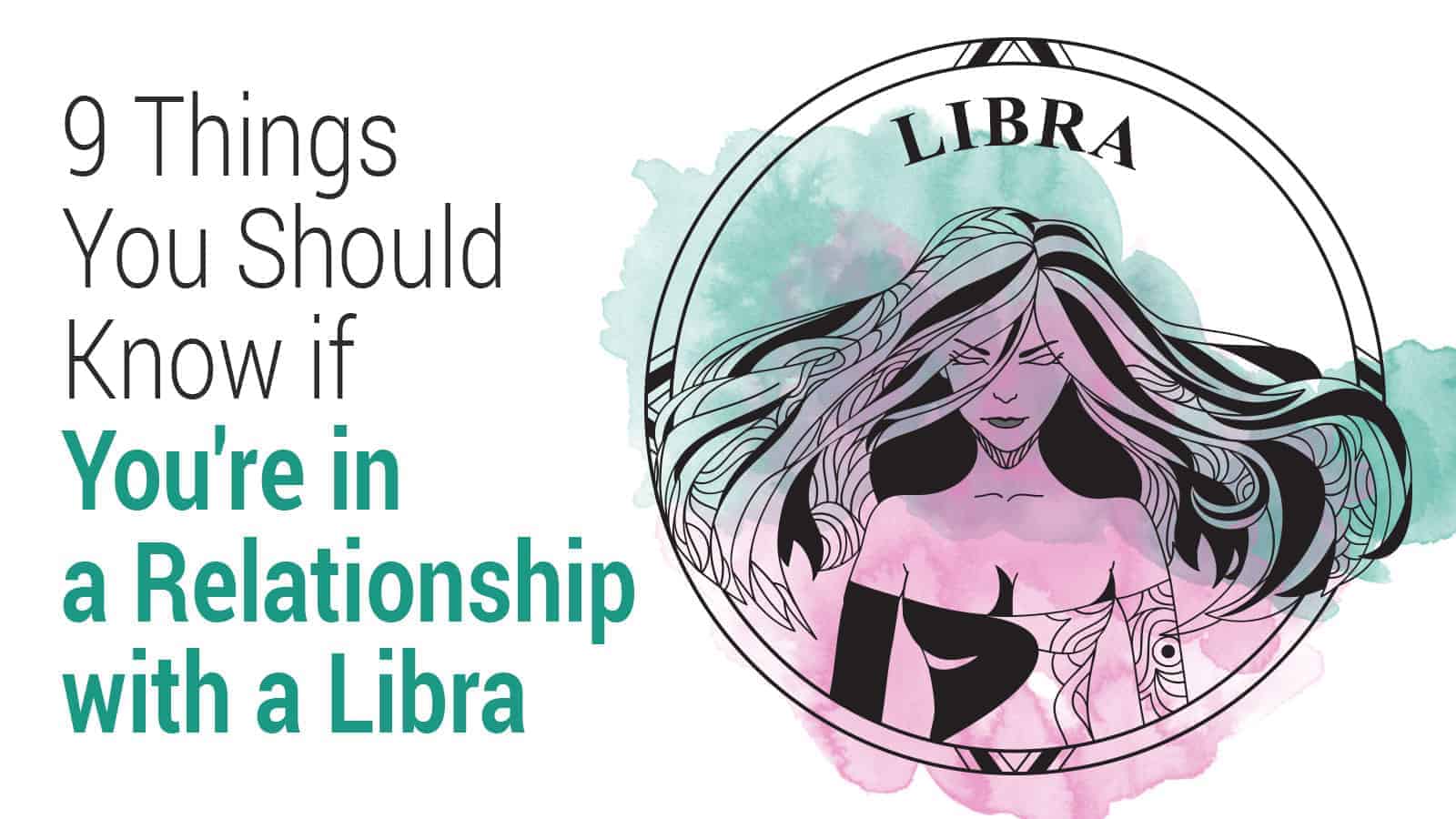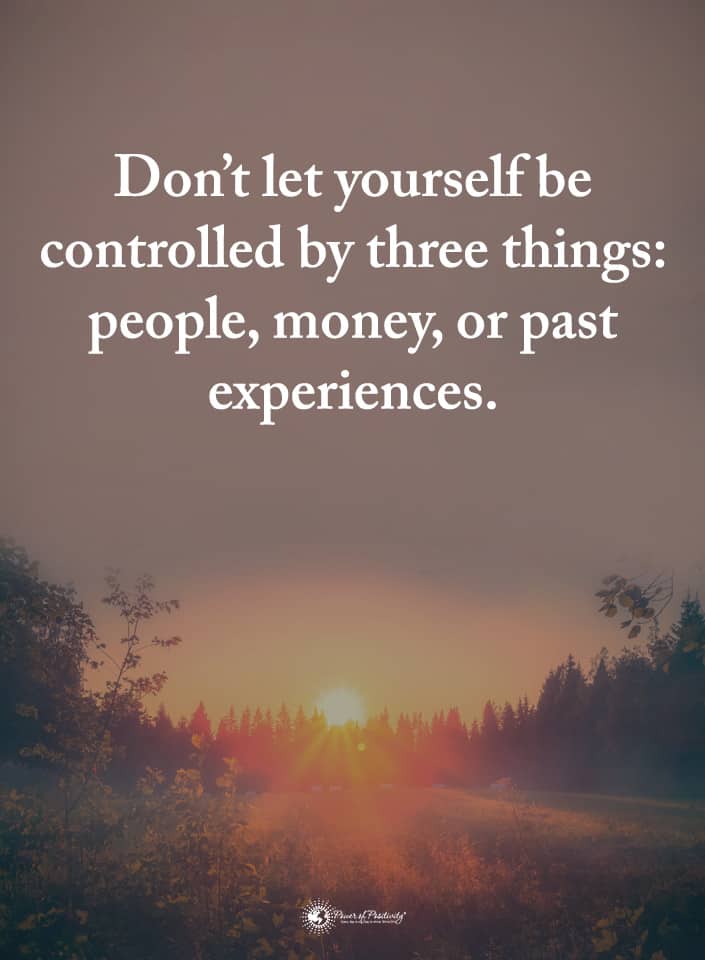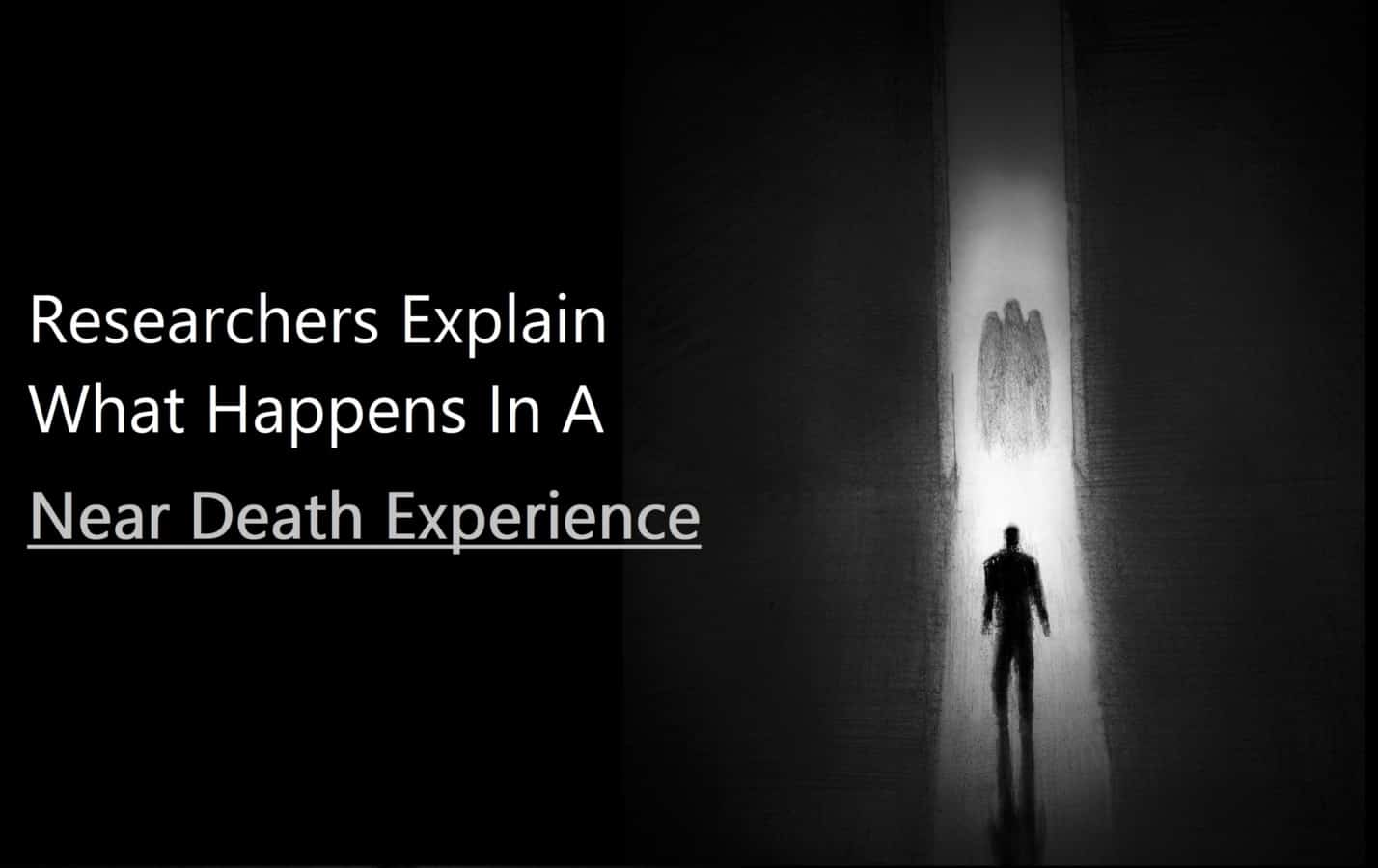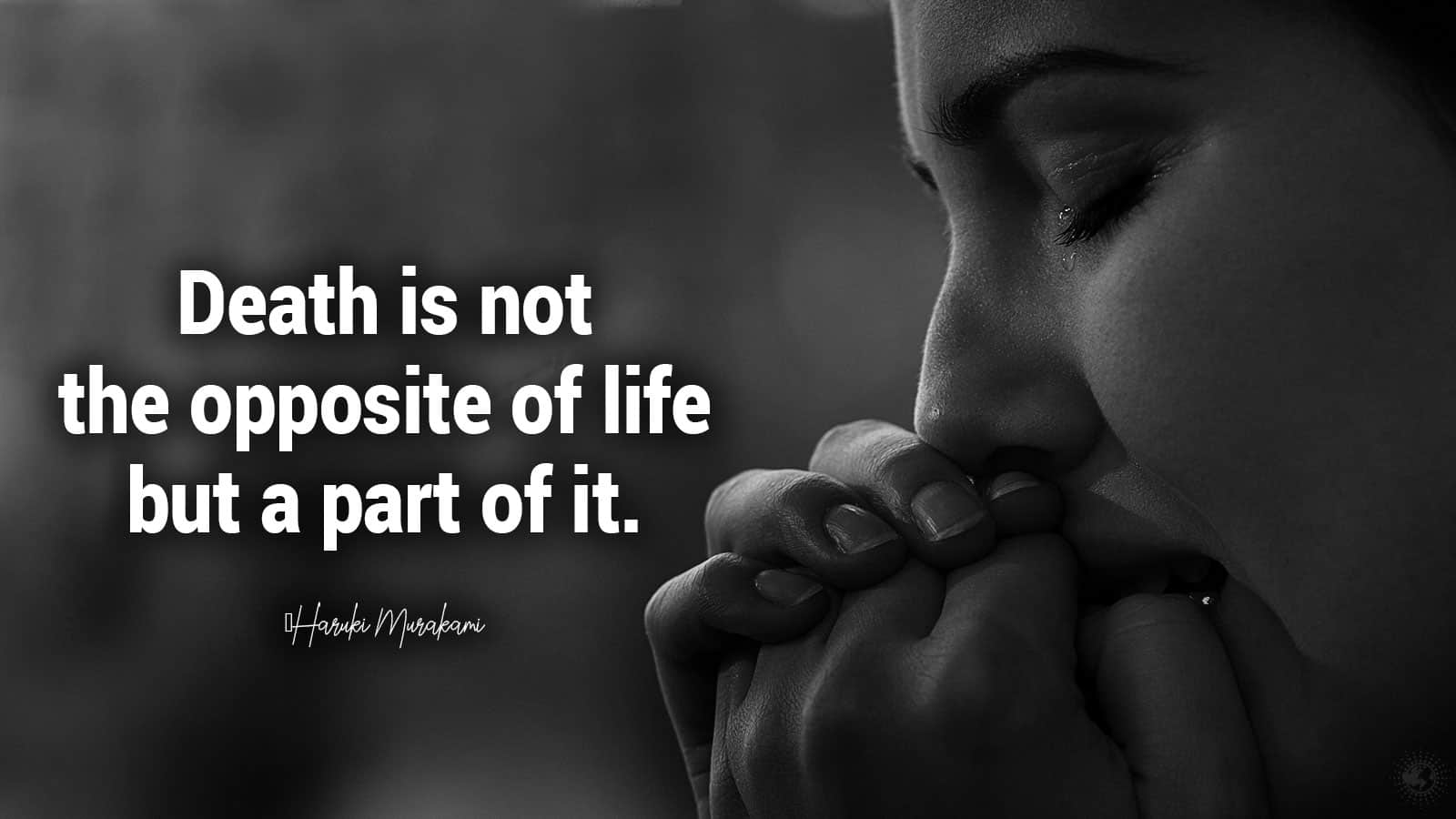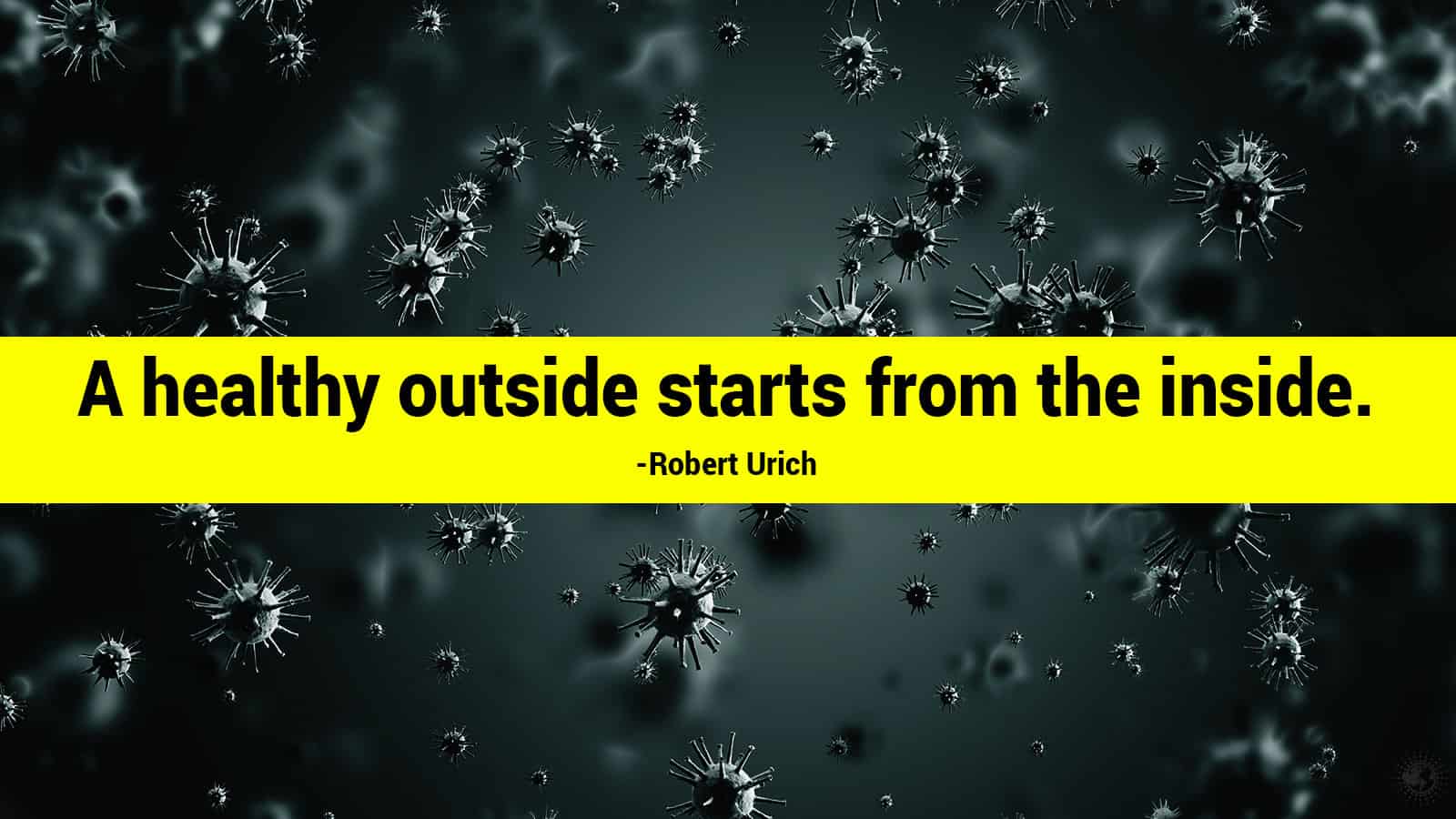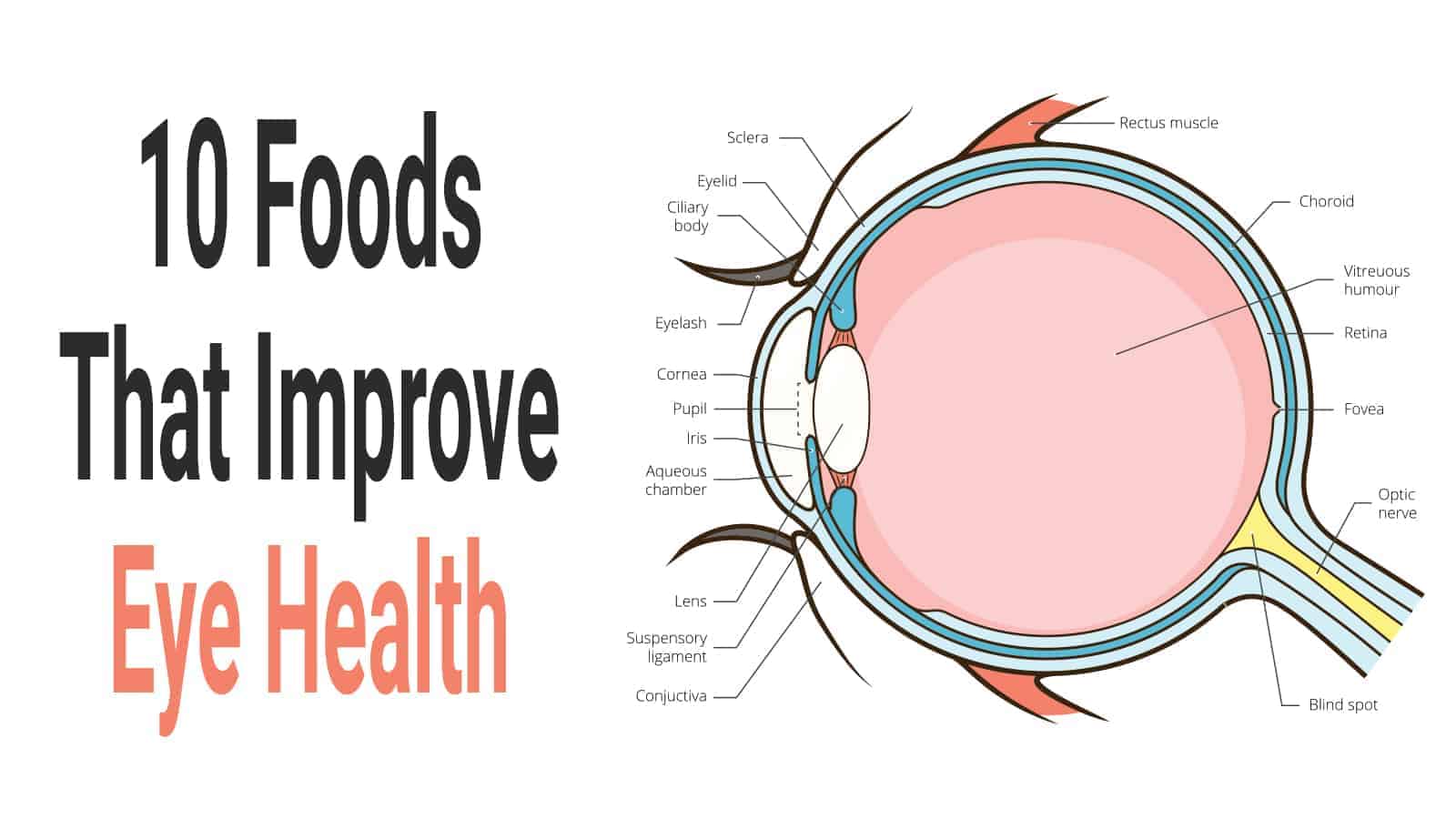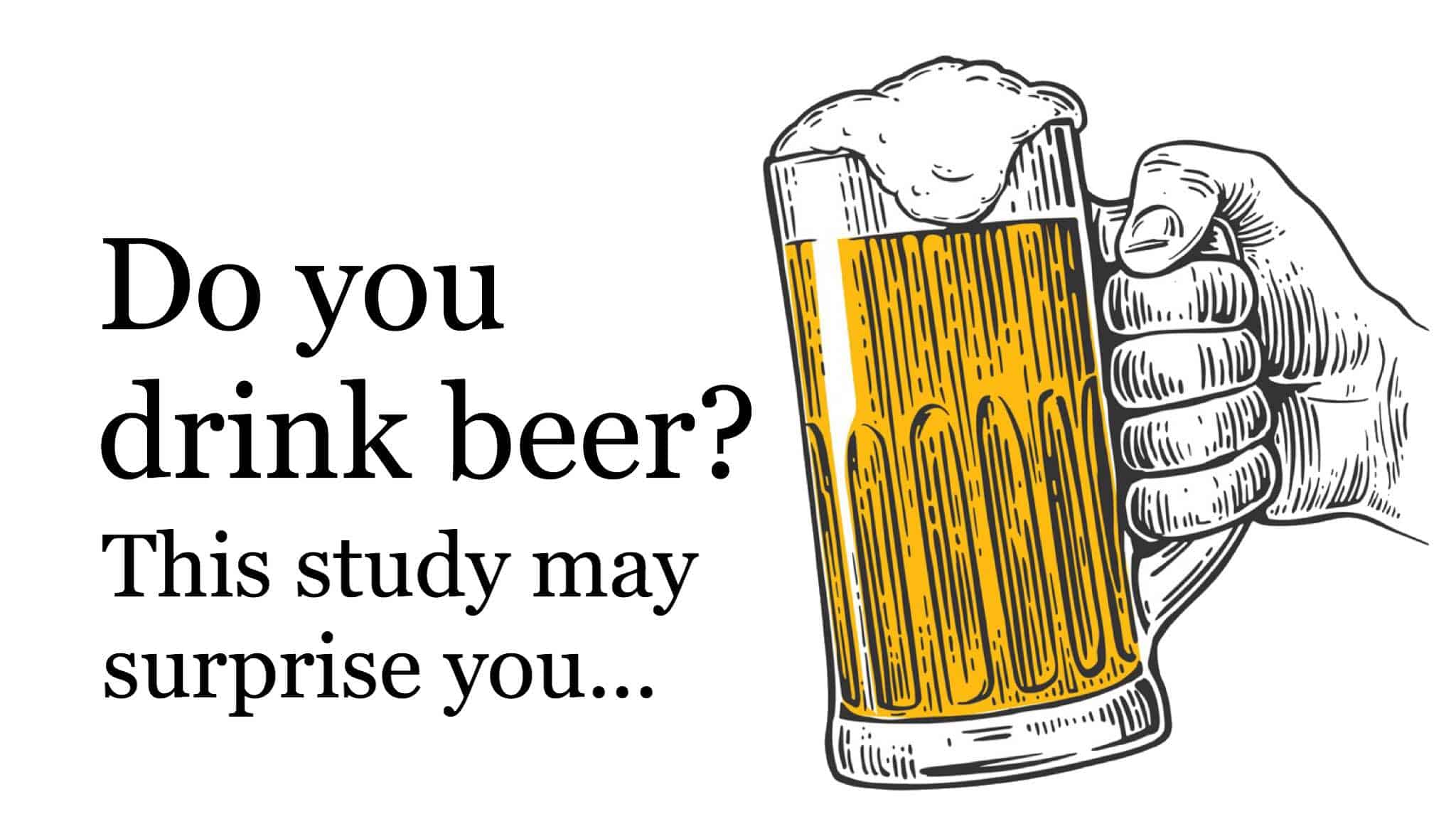The ultimate goal of adults is to reach their goals, and there are many quotes on success to help motivate you. When faced with challenges, it may be easy to quit or lose momentum. That is when it’s most important to keep moving, however.
By listening to advice and encouragement from those who have been through it, you’ll find comfort and motivation. The main piece of advice, though, is to never quit trying and to keep persevering.
You are the only one who can set the level of your successes. Go after what you want and work hard to reach your goals.
15 Quotes on Success Never to Forget
These quotes on success will help you stay motivated as you strive to achieve your dreams.
1. “If you don’t value your time, neither will others. Stop giving away your time and talents. Value what you know & start charging for it.” – Kim Garst
Once you make it clear that your talents and time are worthwhile, others will treat it that way. You can’t do things for free just because someone is your family member or friend. To be successful, you must know what you are worth and expect others to pay you for what you do.
2. “There are three ways to ultimate success: The first way is to be kind. The second way is to be kind. The third way is to be kind.” – Fred Rogers
All of the money in the world won’t make you successful if you aren’t kind. You have to have people on your side, and you have to treat people with kindness to get them there. Even if you feel like you don’t need anyone on your side, you have to be kind to bring in business.
No matter which way you look at it, kindness is required. You may start to build an empire without kindness, but it won’t reach its full potential.
3. “The difference between a successful person and others is not a lack of strength, not a lack of knowledge, but rather a lack of will.” – Vince Lombardi
Even with strength and knowledge, a person can fail. Everyone fails at some point, and the determining factor to success is having the will power to try again. Only then will you be able to reach your ultimate goals.
4. “Success means doing the best we can with what we have. Success is the doing, not the getting; in the trying, not the triumph. Success is a personal standard, reaching for the highest that is in us, becoming all that we can be.” – Zig Ziglar
You may not have all the tools to make a job easy right away, but keep trying with what you do have. When you keep trying, you’ll find yourself succeeding with what you already have. Plus, true success is about the process, not what the outcome is.
You set your standards for success, not anyone else. If you accomplished what you set out to do, you have succeeded. Likewise, if you are proud of yourself for the work along the way, you’ve also succeeded.
5. “The first step toward success is taken when you refuse to be a captive of the environment in which you first find yourself.” – Mark Caine
You can’t blame your surroundings for your failures or your lack of progress. Leave the environment that you are in if it is that toxic. Otherwise, get started on your goals and remind yourself that you are the only one holding you back.
6. “Nothing in the world can take the place of perseverance. Talent will not; nothing is more common than unsuccessful people with talent. Genius will not; unrewarded genius is almost legendary. Education will not; the world is full of educated derelicts. Perseverance and determination alone are omnipotent.” – Calvin Coolidge
All the talent, genius, and education in the world can’t ensure that you reach your goals. The only thing that can ensure you get there is perseverance and determination. With perseverance and determination, you are sure to reach the ultimate goal.
You have to remain motivated and keep trying even after failures. Keep pushing yourself to learn more and do more, and to keep trying even when faced with adversity.
7. “Develop success from failures. Discouragement and failure are two of the surest stepping stones to success.” – Dale Carnegie
Everyone fails at some point in their life. Most people fail more than once. Successful people are the ones who get back up and try again, though.
You can’t give up when faced with mistakes or when things didn’t go as planned. These are opportunities to grow and learn. Then, you’ll be able to get it right the next time, or the time after that.
8. “Keep on going, and the chances are that you will stumble on something, perhaps when you are least expecting it. I never heard of anyone ever stumbling on something sitting down.” – Charles F. Kettering
Just when you want to give up, you may get your big break. Keep going, learning, and trying, and eventually, you’ll stumble upon your dreams.
9. “A successful man is one who can lay a firm foundation with the bricks others have thrown at him.” – David Brinkley
Other people may want to see you fail, and they’ll do whatever it takes to ensure that it happens. Don’t let them succeed at knocking you down or hurting you. Instead, take all of the negativity they throw your way and use it as your stepping stones.
10. “There are two types of people who will tell you that you cannot make a difference in this world: those who are afraid to try and those who are afraid you will succeed.” – Ray Goforth
When you are faced with a negative person as Goforth describes, ignore them. Better yet, listen to them and then do everything they said you couldn’t.
11. “If you don’t design your own life plan, chances are you’ll fall into someone else’s plan. And guess what they have planned for you? Not much.” – Jim Rohn
You have to decide what you want your life to look like. Figure out the goals that you want to reach, and then determine how to reach them. Otherwise, you’ll have to work towards someone else’s goal, and that won’t do much for you.
12. “Aim for success, not perfection. Never give up your right to be wrong, because then you will lose the ability to learn new things and move forward with your life. Remember that fear always lurks behind perfectionism.” – David M. Burns
You’ll never be perfect, but you will be successful. If you were never wrong and things always worked out perfectly, you would never learn from them. Learning is essential to being successful because you have to keep working toward a higher goal.
As Burns explains, perfectionism is only a sign of fear. Don’t hold yourself back by being afraid. Keep moving forward, even when the plan didn’t work out how you intended.
13. “Here’s to the crazy ones. The misfits. The rebels. The troublemakers. The round pegs in the square holes. The ones who see things differently. They’re not fond of rules. And they have no respect for the status quo. You can quote them, disagree with them, glorify or vilify them. About the only thing you can’t do is ignore them. Because they change things. They push the human race forward. And while some may see them as the crazy ones, we see genius. Because the people who are crazy enough to think they can change the world, are the ones who do.” – From an Apple Computer Ad, 1997
Those who are most successful weren’t afraid of being different or being the first to do something. They knew what they wanted and they did what they had to do to get it. Most often, they seemed like they didn’t fit in just right.
If this is you, then you completely understand how different it was to be that person. Those are successful people. They are the ones who are willing to speak up, make a change, and better the world. Despite those who disagree with them, they continue going until they are successful.
14. “After every difficulty, ask yourself two questions: “What did I do right?” and “What would I do differently?” – Brian Tracy
You can learn from every moment in your life, whether it was good or bad. Reflecting is one key to success because it enables you to make changes and do better next time. Always find at least one thing you did right, and then determine what could have been done differently.
15. “Don’t wait until everything is just right. It will never be perfect. There will always be challenges, obstacles, and less than perfect conditions. So what. Get started now. With each step you take, you will grow stronger and stronger, more and more skilled, more and more self-confident and more and more successful.” – Mark Victor Hansen
Things will never be perfect, and there will never be the perfect time to get started. Obstacles and challenges are everywhere, but you have to push through it all. You’ll become stronger and more able to handle what is coming next.
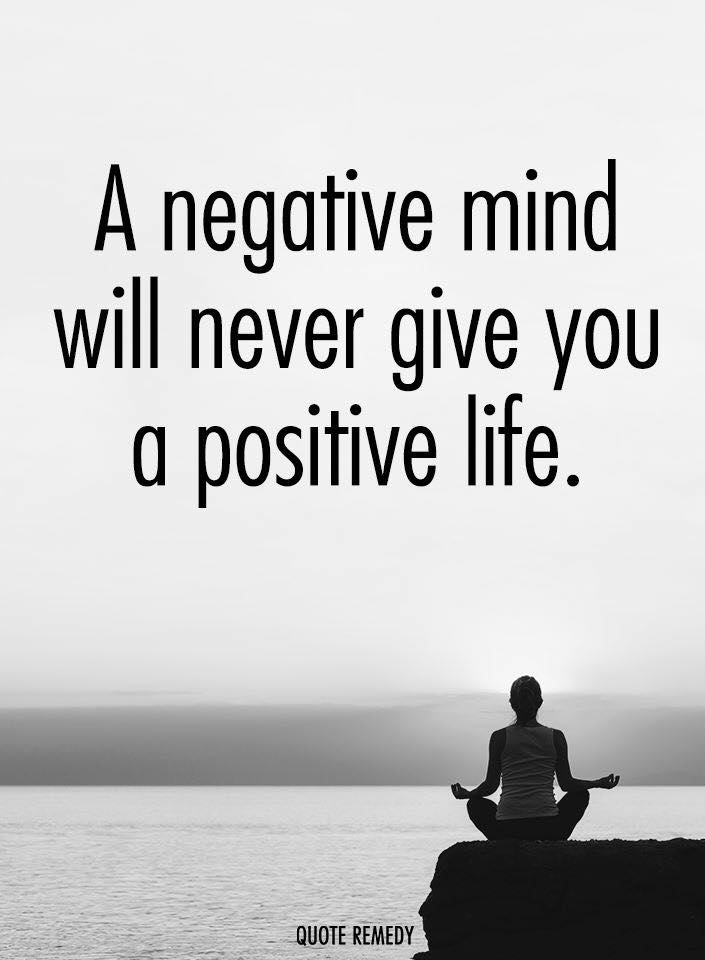 Final Thoughts on Quotes on Success Never to Forget
Final Thoughts on Quotes on Success Never to Forget
These quotes on success should never be forgotten, as they can motivate you when you need it the most. When things get hard and don’t seem to be working out, remember these quotes and reference them for advice.
You are responsible for your success, and the comments and actions of others should play no part. Focus on your determination and perseverance and never give up. Tuck away these quotes on success for continued motivation. And, keep working towards your goals and you will find yourself successful.

